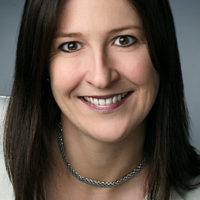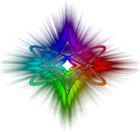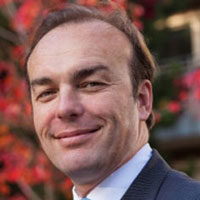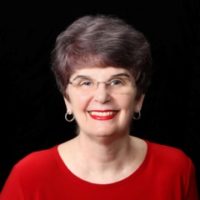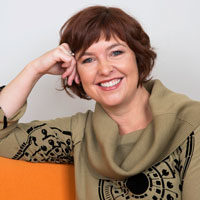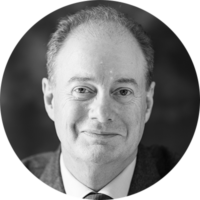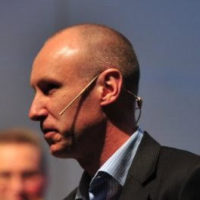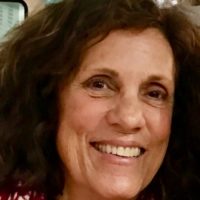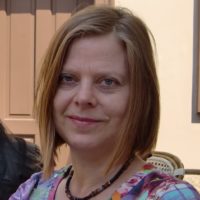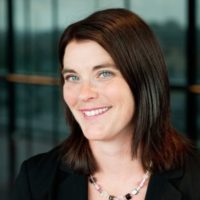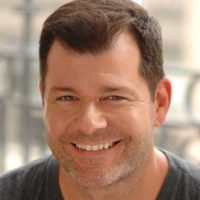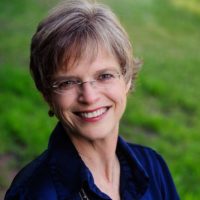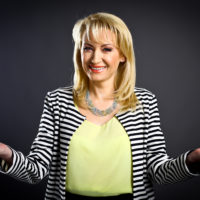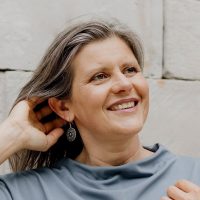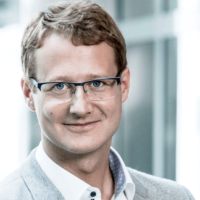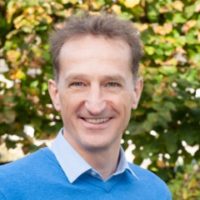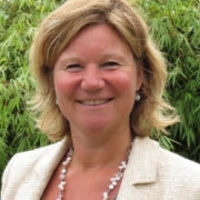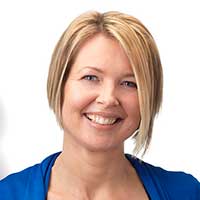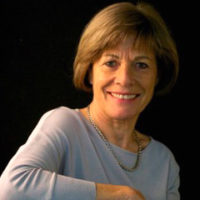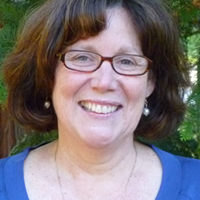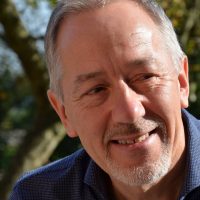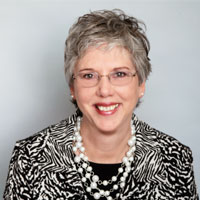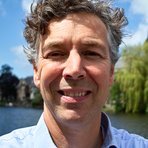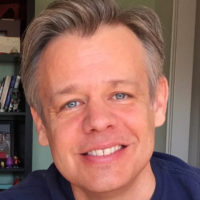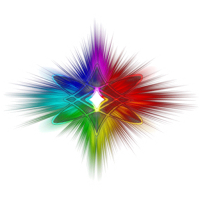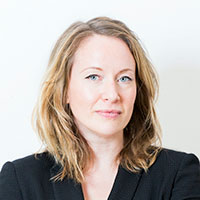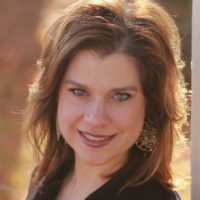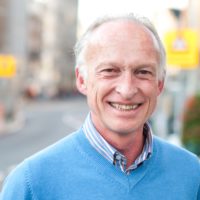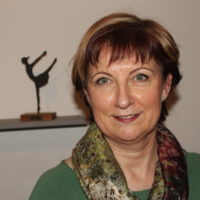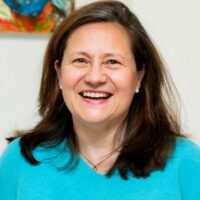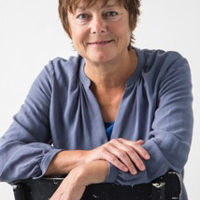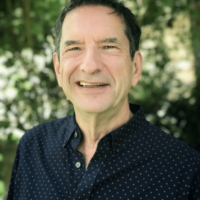This question, “Where have we been, where are we now, and where are we going?” is always relevant, whether in our personal lives, our families, our companies and organizations, our countries, and even in our world. And it’s particularly relevant now. However, we tend to ask that question in a rather superficial way as a part of goal-setting and planning. Rarely do we actually press pause, step back from our daily engagement, and consider the question in a deeper way. Well, it’s time. Now.
The Irish poet and storyteller David Whyte has long been an influential teacher and guide for my work. In his April TED Vancouver talk, he spoke of the conversational nature of reality. In essence, he defines reality not as something fixed, but rather as an ongoing conversation among all of the many players and circumstances within that reality.
Reality is fluid, ever changing and evolving. Currently, our collective reality is changing on a daily, and sometimes even hourly, basis. How we define what is “real” in any moment is all about our relationship to what is happening. Reality actually happens in the relationship space – the space in between us and the people with whom we are engaged – the space in between us and the circumstance that is unfolding.
The relationship space is also where transformation happens. As our relationship to the world around us transforms – as our relationship to what is happening transforms – something new starts to be created. The relationship space is where the transformative power lives.
Yet collectively, we give this space very little attention. We focus on things and circumstances, but rarely do we actually focus on the matrix of relationships that make up those things and circumstances.
In his extraordinarily magical and poetic storytelling way, David Whyte suggests three steps that can help us be fully present in that relationship space, have a bold yet compassionate conversation with the frontier of our future, and walk forward into that future.
Step 1 – Begin by considering how you/we got to this place where you/we are now. What brought you/us here? What choices have you/we made that brought us to this point? What were the defining moments of your/our past that brought you/us to this moment in space and time?
The purpose of answering these questions is to gather insight and information. It’s not about analyzing and dissecting, nor about placing blame or judgment. The illuminating conversation at the frontier of our future is one of discovery, expanding awareness, and allowing next steps to reveal themselves. It’s not about protecting our selfish interests or caring for a select group, nor is it about making something happen. It’s about discovering what wants to be created in order to encourage and support the wholeness and well being of all.
Step 2 – Acknowledge what you/we have loved deeply. Recognize what you/we have loved that is now gone, at least in the form that you/we had come to love it. Something that was very dear to your/our heart, yet is now a part of the past. And then let it go.
This step in the conversation at the frontier of the future is all about letting go of the parts of the past that will never be the same again.
Step 3 – Choose a personal possession that helped you/us get to this point, yet its job is now finished. It could be a piece of clothing, a talisman, or a token object. Honor it. Acknowledge how it has helped and supported you, and that it now deserves to rest. Thank it for all it has been to you. And then leave it behind. It’s time to make your way forward on your own now.
In 2009, I took a small group of seekers on a pilgrimage to Egypt. Early in the trip, one woman confided that she joined this trip because she realized that it was time to leave everything that she had known behind – job, relationships, and even her own definition of herself. She had come on this trip to wipe the canvas of her life clean and start over.
On our fourth day together, we were in the Black Desert, a part of Egypt’s vast Western Desert. We got out of the jeep to spend some time in the stark power of the black basalt desert mountains. She climbed up the side of a mountain through rocks and sand and sat on a boulder to meditate. Within a few minutes, the wind picked up – a welcome relief in the melting hot desert sun. Yet she didn’t realize the great gift that the wind was bringing to her until she stood and turned around to come back down the mountain. The wind had blown away her footprints in the sand. There was no trace of her path up the mountain.
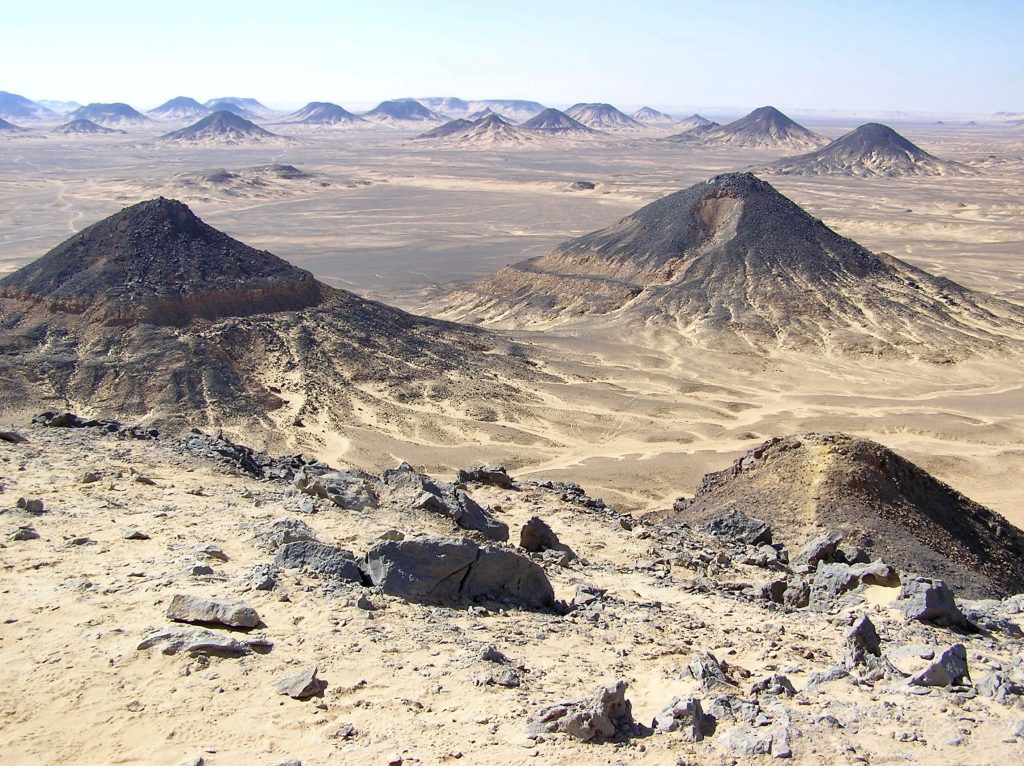
Metaphorically speaking, her past was gone. In that moment, she felt an enormous release. She was free. She looked out across the vast dark brown and black desert surrounding her and began to see a new life that was waiting for her. In that moment, to use David Whyte’s term, she was standing in the frontier of her future. And intuitively, she knew that she was going to be OK. She came back down the mountain as a radiant light. And she spent the next days of our trip letting things go and leaving things behind.
In his talk, David Whyte speaks of three illusions that humanity has shared since the beginning of time:
- The illusion that we can somehow construct a life in which we are not vulnerable. One of our learning edges is to be able to live openly and fully with our strengths and confidence, as well as with our vulnerability and doubt.
- The illusion that we can construct a life in which our hearts will not be broken. If we engage fully with life and relationships, and have passion about the things that we create, our hearts will be broken from time to time. Yet when our hearts break, they open. Only then does healing into a new level of living become possible.
- The illusion that we can plan things well enough that we’ll be able to see the entire path from where we stand today to the full realization of our dream – all of the details and how to do it. Life just doesn’t work this way. The path towards anything that is worth being and doing may seem quite clear at times. Yet at other times, it’s as if the road has vanished, only to reappear when the time is right.
I invite you to watch this 20-minute video several times over the coming days. Each time, you will discover something more.
The first time, watch it for yourself. Listen for the messages for you in your personal journey.
Then watch it a second time, viewing it from the perspective of your family, your company, or your organization.
By the third time you watch, you will be hearing and sensing deeper subtleties in the messages. Watch it this third time for your country and for our world. What new insights and awareness arise?
Give yourself time to reflect and ponder on the messages that are here for you personally as well as for us together. Initiate conversations with others over this fundamental question: Where have we been, where are we now, and where are we going?
These conversations might be over dinner with family or friends, in your workplace, in your house of worship, in your school, or in the boardroom. And perhaps you can even invite a conversation with your political and government leaders. With whomever you are speaking, invite deep exploration. Invite a conversation that truly matters and might make a difference.
We are indeed at a crossing point between our past, present, and future. We are in the frontier space. How will we choose to walk in this frontier and into our future? What will we discover, and what will we co-create together?
Enjoy the video.
Note: Woven into David Whyte’s TED talk are two of his poems, “Finisterre” and “Santiago.” Click on the titles to find the poems in written form.
If you enjoyed this blog post and found it helpful or inspiring, please share it with your friends on social media by clicking on the icons below. You are also welcome to make a comment below.
You may subscribe to our free weekly newsletter by clicking here.
Related Blog Posts:
- Where do we go from here?
- When everything you have believed in is gone, then what?
- When things don’t turn out the way you had hoped

